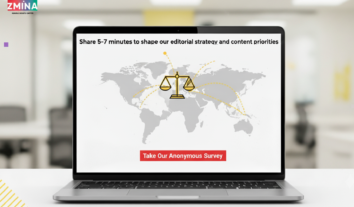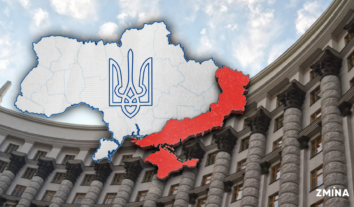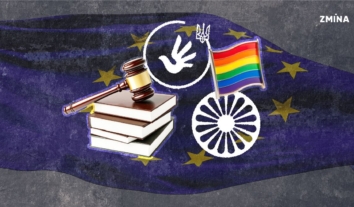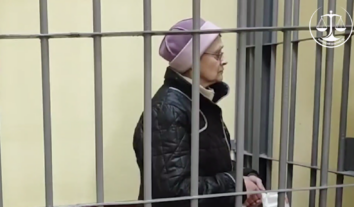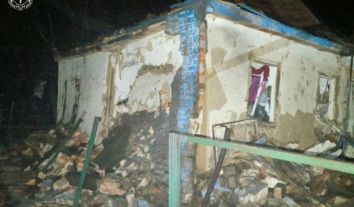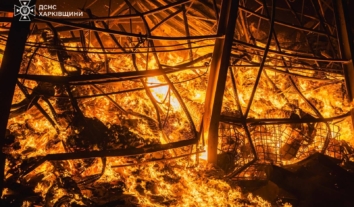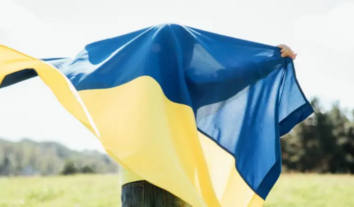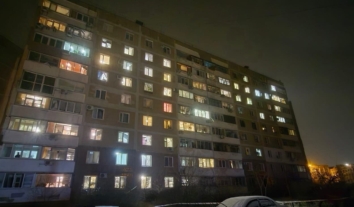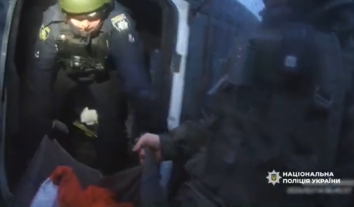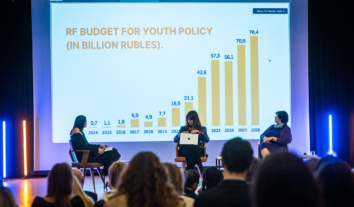How independent lawyers are ‘silenced’ in Crimea
At the end of May, yet another wave of detentions and arrests swept through the occupied Crimea. The distinction is that all those detained and arrested this time turned out to be independent Crimean lawyers who regularly work with defendants in politically motivated cases.
This article is about the charges brought against lawyers, the course of their trials, and the consequences these prosecutions will lead to.
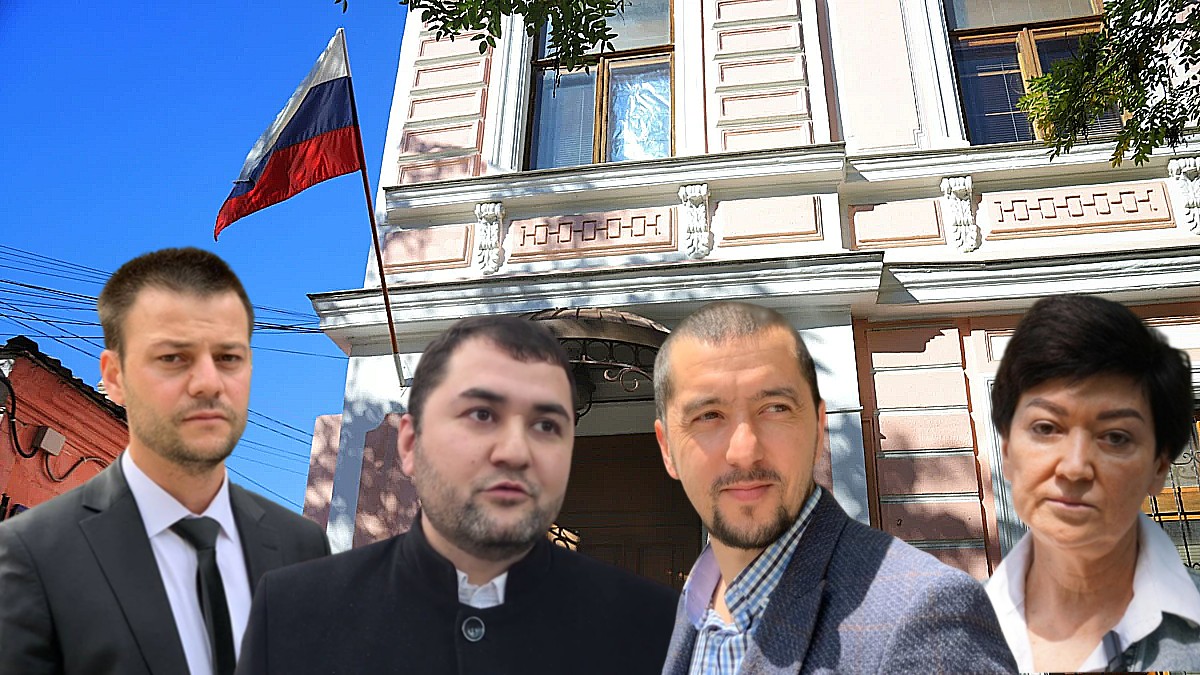
Guilty of being a lawyer
Of all four lawyers, only the first detainee, Edem Semedliayev, who has been dealing with dozen criminal cases against Crimean Muslims, was charged with an offense not directly related to his professional activity. On April 16, a user posted a publication criticizing Russia’s war in Ukraine on Semedliayev’s Facebook page. The security officers took a screenshot of this publication, waited for another month, and then detained Semedliayev to draw up a report under Article 20.3.3 of the Code of Administrative Offences of the Russian Federation for discrediting the Russian army. Moreover, Part 2 of the Article, which implies some serious consequences, was referred to.
The other three lawyers found themselves in the dock for a much more dubious reason. Half a year ago, Edem Semedliayev worked in one of the police departments after the mass arrests of Muslims near the Crimean Garrison Court. His activity angered greatly Ruslan Shambazov, the head of the Simferopol department of the Center for Combating Extremism, who demanded that the lawyer take off his clothes and demonstrate that there are no extremist tattoos on his body. When Semedliayev refused, a report was drawn up against him for disobeying the lawful demands of police officers and he was detained. At least three of his colleagues – Nazym Sheikhmambetov, Ayder Azamatov, and Emine Avamileva – responded to those actions. At 01:00, when they left the police station, the people who had gathered near asked them to tell them what would happen to Semedliayev and what he was accused of. Half a year later, Shambazov qualified that interview as an administrative offense committed by all three lawyers, namely participation in spontaneous gatherings of citizens that caused violations of sanitary regulations.
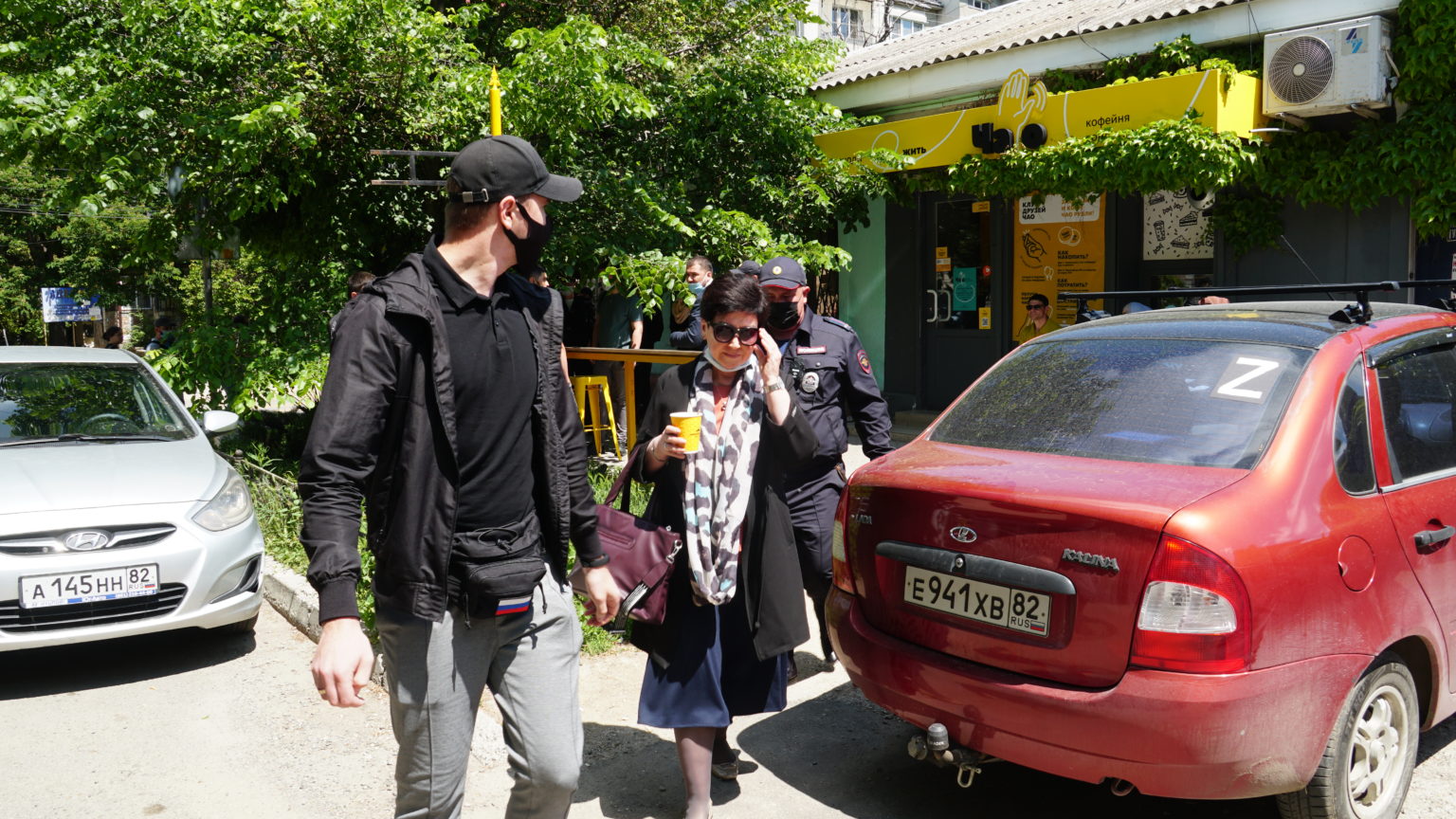 Lawyer Emine Avamileva is detained near court building. Photo credit: Crimean Solidarity
Lawyer Emine Avamileva is detained near court building. Photo credit: Crimean SolidarityIt is important to note that the detention of the lawyers was planned in a demonstrative way. Nazym Sheikhmambetov was detained just on the threshold of the court after participating in a hearing of a trial about “discrediting” the Russian army by his colleague Semedliayev. Lawyers Ayder Azamatov and Emine Avamileva, who came to defend the detained Sheikhmambetov, had also been detained near the court building a few minutes before a hearing started. Everything was done in such a way that no one would have any doubts – the lawyers are persecuted for their professional activity.
Counterfeit justice
All four lawyers, who have tremendous experience in dealing with politically motivated cases, could single-handedly destroy such trumped-up charges and evidence base. But not in Crimean courts. Even with the support of numerous colleagues who responded to the arrest and appeared for protection. It was clear from the beginning that guilty verdicts would be passed.
The Crimean Process initiative experts who monitor political prosecutions on the occupied peninsula, analyzed these hearings in terms of compliance with generally accepted judicial standards and came to the conclusion that most of them were grossly violated, and the trials themselves showed signs of using justice as a tool of repression against independent lawyers
In particular, it is pointed out in the Crimean Process’ report that all hearings were held not in public and without ensuring the principle of equality of the parties. In addition, in at least two cases, the court refused to allow several persons from among fellow lawyers and public defenders to participate in the case, claiming that the number of lawyers in the courtroom was sufficient. In addition, in all trials, the court refused to call the persons who drew up the administrative protocols, the witnesses to the search (the same in all four protocols), and the witnesses indicated by the defense team. In general, as the Crimean Process notes, the courts rejected at least 78% of the motions filed by the defense.
Separately, it is worth noting the conclusions of Crimean monitors regarding the lack of independence and impartiality of judges. At the first instance level, the judge in three cases was Serhiy Demenok, who is not only a suspect in treason in the territory of Ukraine but also presided over such key trials against the Crimean Tatars as the February 26 case and the case against Edem Bekirov. And at the level of the appellate instance, two of the three judges who considered appeals (Serhiy Yakovlev and Liubov Dyachenko) are suspected of treason for violating the oath of a Ukrainian judge.
Last bulwark
Lawyer Edem Semedliayev was found guilty of defamation and sentenced to a fine of RUB 75,000 (about USD 1,500). Lawyers Nazym Sheikhmambetov and Ayder Azamatov were arrested by the court for eight days, and Emina Avamileva was arrested for “only” five days “taking into account mitigating circumstances”, meaning that she is an elderly woman. However, in reality, it was not these lawyers but the entire institute of the independent Bar association of Crimea who was jailed.
The signal given by the local law enforcement officers to the lawyer’s corps was heard immediately.
“This story has nothing to do with the law. The political undertones and pressure on lawyers in connection with their professional activities are obvious. For eight years, they have been dealing with politically motivated cases, creating certain difficulties for law enforcement agencies,” Russian Kommersant quotes unnamed colleagues of Crimean lawyers as saying.
These not mentioned “certain difficulties” created by independent lawyers are not motions or other procedural actions in politically motivated court trials. This is the kind of public exposure that the lawyers ensured covering repression against religious and civil society activists. The courts could refuse to question witnesses and add evidence to case files as much as they wanted, but they could not do anything about the fact that the lawyers came out after hearings and talked about torture, falsification, and forgery by the investigation. As, for example, Ayder Azamatov and Emine Avamileva did after yet another court hearing in the trial of Nariman Dzhelyal, the First Deputy Chairman of the Mejlis of the Crimean Tatar People, and the Akhtemov brothers.
In fact, independent lawyers were the last bulwark of public exposure in this field. Journalists were forced out of Crimea by the security forces a long time ago, human rights defenders and activists were cut off from attending court hearings with the help of COVID-19 restrictions. Since that time, society learned about political persecution mostly from lawyers who commented on each court hearing.
Only a month and a half have passed since the hunt for lawyers started, but during this period, most of the defenders have already stopped recognizing the activists on the street and have simultaneously developed a habit of saying firmly: “no comments”.

